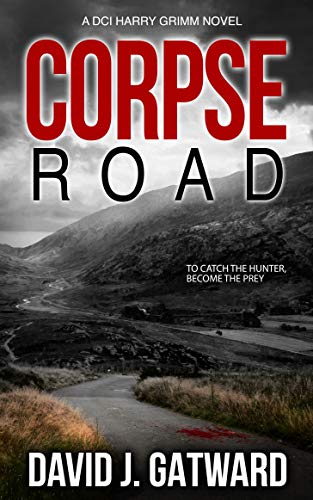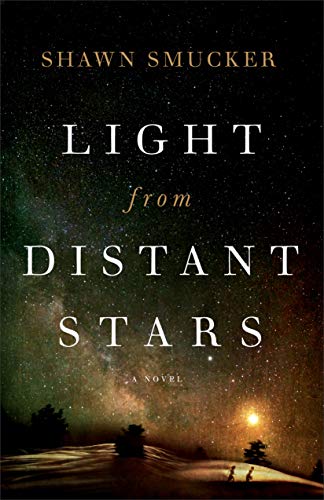
“Patrick swore to me that he didn’t, but I assumed he was lying to me.”
“Why did you assume that?”
“Because everyone lies to me. It’s what they do. That’s why they pay me the big bucks.”
For a long time, The Man Who Loved Women to Death, the last book I reviewed in the Stewart Hoag series, was indeed the last book in the series. According to his Afterword, author David Handler had decided that today’s cutthroat celebrity culture left no space for Hoagy to ghost memoirs and solve mysteries. But he was persuaded to bring the character back in some flashback books. So The Girl With Kaleidoscope Eyes takes place somewhere after the first mystery, when Hoagy is established as a celebrity ghost-writer, but has not yet reconciled with Merilee Nash, his actress ex-wife/domestic partner.
Hoagy’s agent sets him up to write a memoir for TV host Monette Aintree (sort of a Martha Stewart character). The spark for the project is a letter Monette has received from her father, Richard Aintree, who wrote a critically acclaimed bestseller, then disappeared entirely following his wife’s suicide. Hoagy also has a personal interest, as Monette’s sister, Reggie, was his first love, a long time ago.
Against his better judgment he heads to Los Angeles to take up residence on Monette’s estate. Immediately the drama begins, stirred up by Monette’s ex-husband, a TV star and steroid freak, and his new girlfriend, a pregnant teenaged sex symbol. Then there’s a murder (of course), and Reggie shows up to support her sister and settle unfinished business with Hoagy.
It was nice to spend time with Hoagy and his basset hound, Lulu, again. I wouldn’t say this was the best in the series (I thought the characterizations weren’t the best, and I found the resolution kind of problematic.) But it was entertaining and amusing, as expected.









